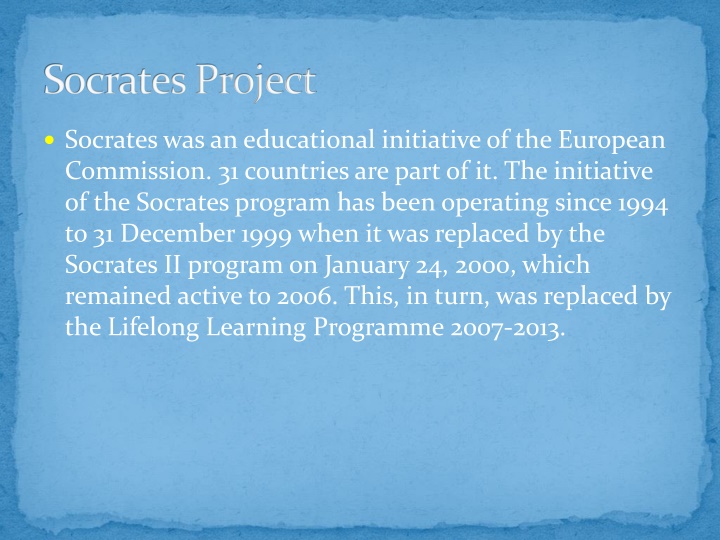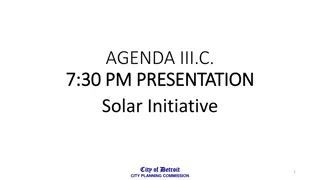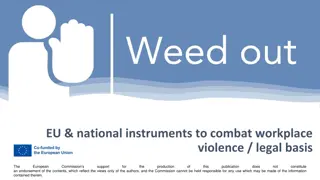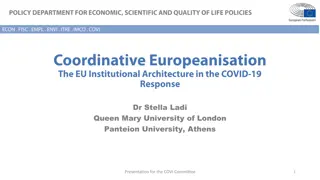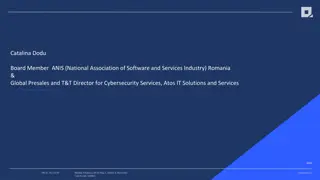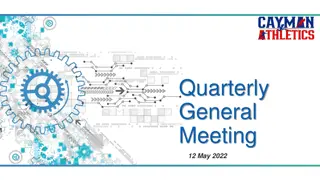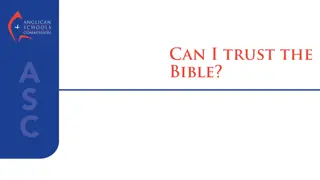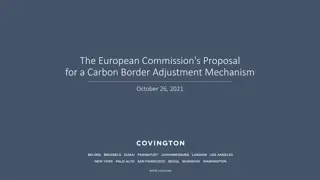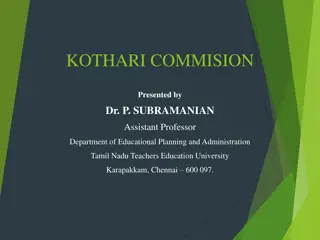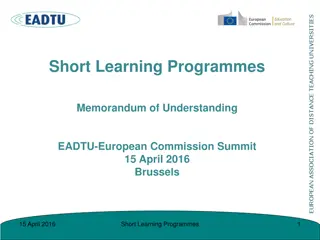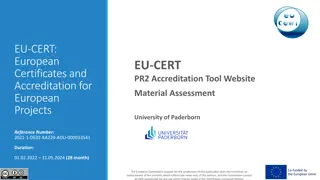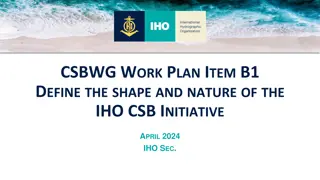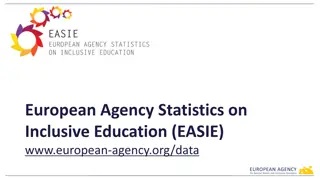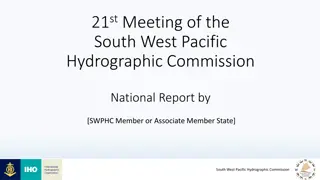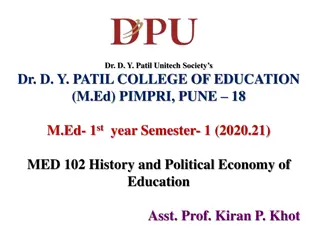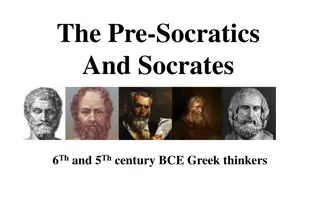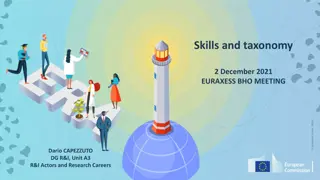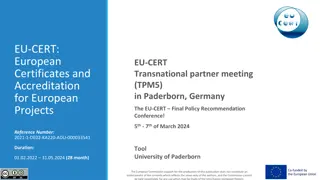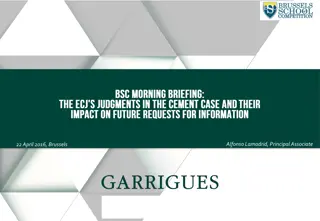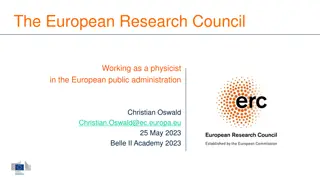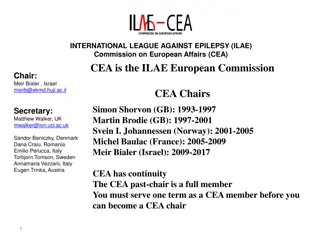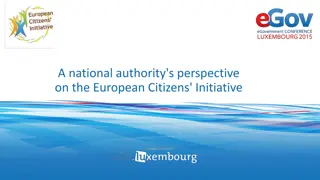Insights into the Socrates Educational Initiative of the European Commission
The Socrates Project was an educational initiative by the European Commission involving 31 countries. It aimed to enhance the European dimension of education, language knowledge, cooperation, mobility, innovation, and opportunities. Named after the philosopher Socrates, the program operated from 1994 to 2006, succeeded by the Lifelong Learning Programme. Various components catered to different educational levels and areas like primary education, university education, adult education, European languages, and IT education. Participants included the EU, Romania, Bulgaria, Iceland, Liechtenstein, Norway, and Turkey.
Download Presentation

Please find below an Image/Link to download the presentation.
The content on the website is provided AS IS for your information and personal use only. It may not be sold, licensed, or shared on other websites without obtaining consent from the author.If you encounter any issues during the download, it is possible that the publisher has removed the file from their server.
You are allowed to download the files provided on this website for personal or commercial use, subject to the condition that they are used lawfully. All files are the property of their respective owners.
The content on the website is provided AS IS for your information and personal use only. It may not be sold, licensed, or shared on other websites without obtaining consent from the author.
E N D
Presentation Transcript
Socrates Project Socrates was an educational initiative of the European Commission. 31 countries are part of it. The initiative of the Socrates program has been operating since 1994 to 31 December 1999 when it was replaced by the Socrates II program on January 24, 2000, which remained active to 2006. This, in turn, was replaced by the Lifelong Learning Programme 2007-2013.
Participants in the program were the EU and Romania and Bulgaria, Iceland, Liechtenstein, Norway and Turkey.
Socrates Philosopher The program was appointed in honor of the philosopher Socrates of Ancient Greece. Socrates was a classical Athenian philosopher regarded as one of the biggest in Western philosophy. He was a teacher of Plato, Aristotle who was a disciple, with these three fundamental representatives of philosophy in ancient Greece.
Hisobjectives were: Improve the European dimension of education at all levels. Improve knowledge of European languages. Promote cooperation and mobility through education. Encourage innovation in education. Promote equality of opportunities in all sectors of education.
PROJECT SOCRATES Sara Blanco V zquez, Mariana Elvira Angarita Afonso, Im n Nouaaman y Jorge Alonso Hern ndez 4 C
Some components were: On primary education and secondary education: the Comenius program. On university education: the Erasmus program. On adult education: The Grundtvig program. The Lingua program: in reference to education in European languages. On information technology and communication technology in education: The Minerva program. The Lifelong Learning Programme 2007-2013 is the successor program to be adopted.
Socrates Project Socrates was an educational initiative of the European Commission. 31 countries are part of it. The initiative of the Socrates program has been operating since 1994 to 31 December 1999 when it was replaced by the Socrates II program on January 24, 2000, which remained active to 2006. This, in turn, was replaced by the Lifelong Learning Programme 2007-2013.
